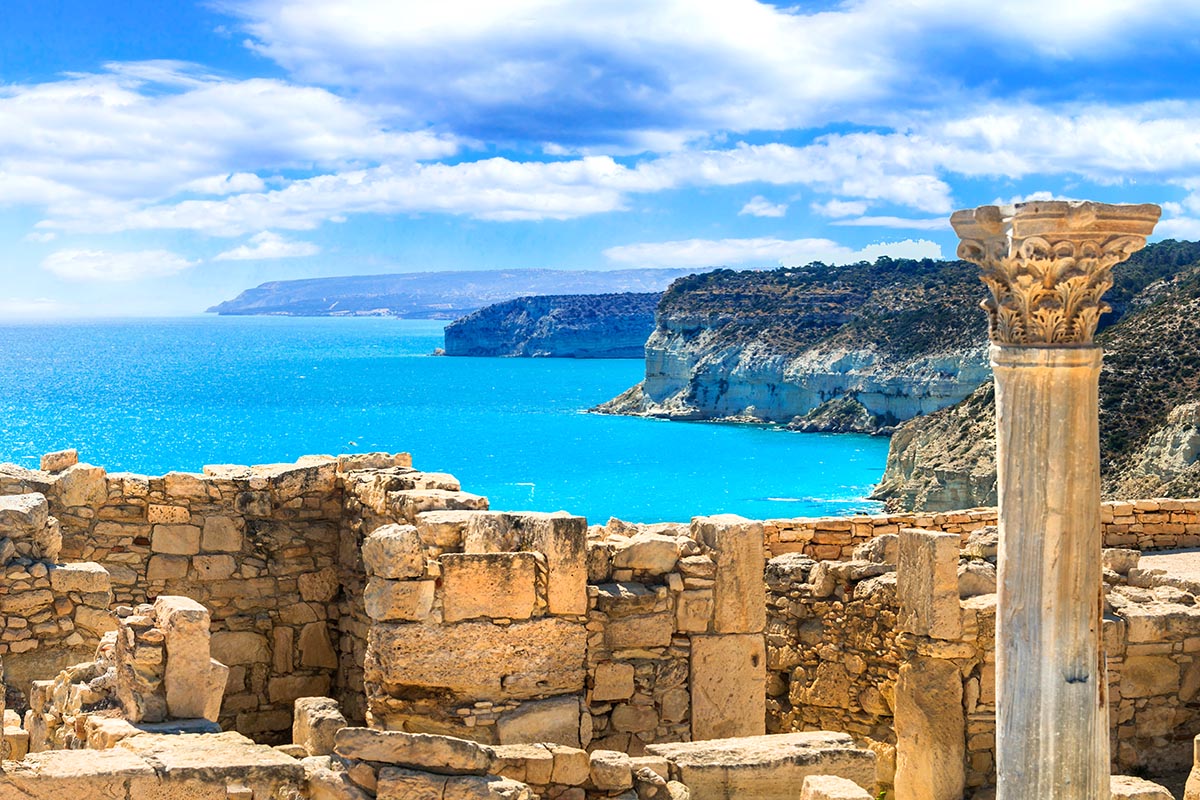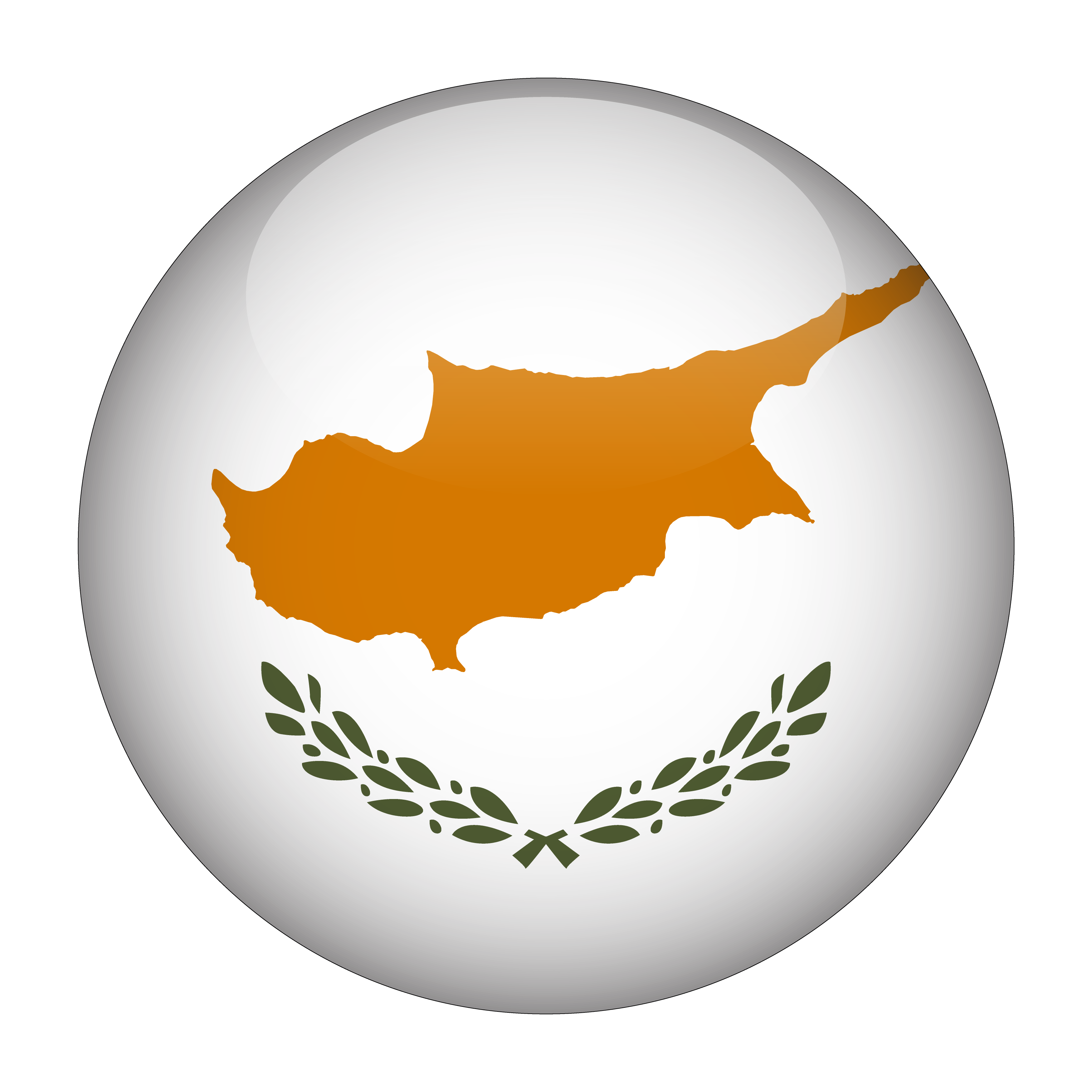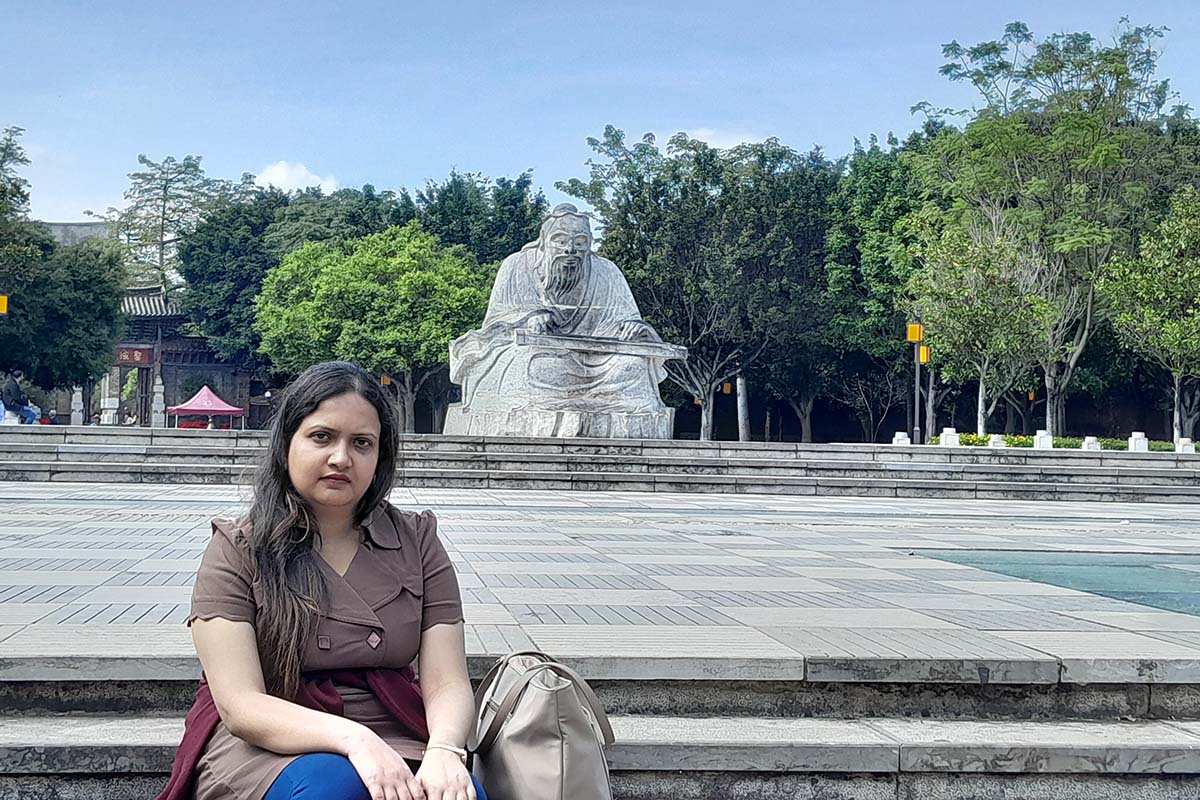The Enduring Influence of Ancient Civilizations in Cyprus on Contemporary Perspectives
April 23by Katerina Panagi
Nestled in the eastern Mediterranean lies the island of Cyprus, a land rich in history and culture. While modernity has brought rapid changes to its landscapes and societies, the echoes of ancient civilizations still reverberate through the island, shaping the perspectives of its people today. From the enigmatic ruins of ancient cities to the enduring legacies of past inhabitants, Cyprus serves as a living testament to the enduring influence of its ancient civilizations.
Cyprus has been inhabited for millennia, with evidence of human presence dating back to the Neolithic period. However, it was during the Bronze Age that the island witnessed the rise of sophisticated civilizations that would leave an indelible mark on its history. Among the most prominent of these civilizations were the Mycenaeans, Phoenicians, Assyrians, Egyptians, Persians, and Greeks. Each brought their own customs, traditions, and architectural styles, enriching the cultural tapestry of the island.
One of the most iconic symbols of Cyprus’s ancient past is the city of Kourion. Situated on the southern coast, Kourion was a thriving city-state during the Roman period, boasting magnificent villas, a vast theater, and intricate mosaics that depicted scenes from daily life and mythology. Today, the ruins of Kourion stand as a testament to the ingenuity and creativity of its ancient inhabitants, drawing visitors from around the world to marvel at its splendor.
Another significant archaeological site is the ancient city of Salamis, located on the eastern coast of Cyprus. Founded by the Greeks in the 11th century BCE, Salamis flourished as a major trading hub and cultural center for centuries. Its ruins, which include a vast agora, impressive bathhouses, and a majestic theater, offer a glimpse into the daily lives of its inhabitants and the architectural prowess of ancient builders.
Beyond its archaeological treasures, Cyprus’s ancient civilizations have also left an enduring legacy in its language, religion, and cultural practices. The Greek language, which was introduced to the island by Mycenaean settlers in the 12th century BCE, remains the dominant language spoken by the majority of Cypriots today. Likewise, the Orthodox Christian faith, which was spread by Byzantine missionaries in the early Middle Ages, continues to be a cornerstone of Cypriot identity, shaping everything from religious observances to cultural traditions.
Moreover, the island’s rich culinary heritage is a testament to its diverse cultural influences. Cypriot cuisine blends elements of Greek, Turkish, and Middle Eastern cooking, reflecting centuries of trade, migration, and cultural exchange. Dishes such as halloumi cheese, souvlaki, and kleftiko showcase the island’s culinary diversity and serve as a delicious reminder of its multicultural past.
In addition to shaping cultural practices and traditions, Cyprus’s ancient civilizations continue to influence the island’s geopolitical landscape. The island’s strategic location at the crossroads of Europe, Asia, and Africa has made it a coveted prize for empires throughout history, leading to centuries of conquest and domination. Today, Cyprus remains divided between the Greek Cypriot south and the Turkish Cypriot north, a legacy of the island’s tumultuous history and the enduring legacy of its ancient civilizations.
In conclusion, the ancient civilizations of Cyprus continue to shape the perspectives of its people today in myriad ways. From its archaeological treasures to its language, religion, and cultural practices, the island’s rich history is woven into the fabric of its society. By embracing and preserving this heritage, Cypriots honor the legacy of their ancestors and ensure that the echoes of the past continue to resonate in the present and future






